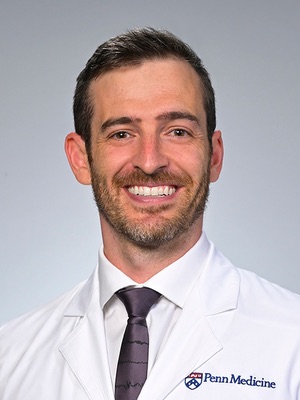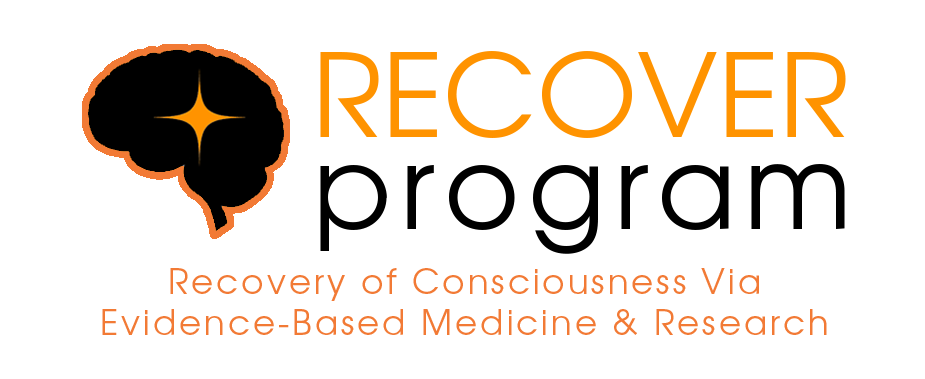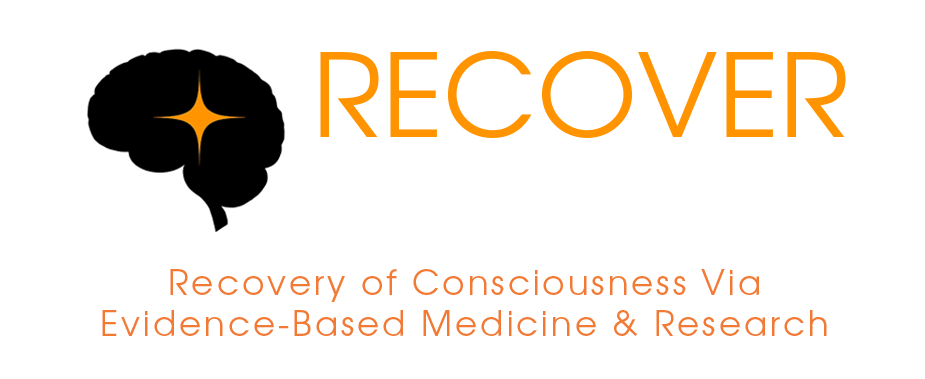The Development of the RECOVER Program
 As a neurology trainee with a background in consciousness philosophy and research, David Fischer, M.D., observed a discrepancy between the high-stakes nature of neuroprognostication decisions, and the level of rigor brought to these decisions. In other fields of medicine responsible for life-or-death decision-making, such as oncology, there are often dedicated teams, multidisciplinary collaborations, innovative research efforts, and perhaps most importantly, clinicians who take personal ownership of caring for patients and their families throughout the tumultuous course of their medical care. However, in the case of neuroprognostication, virtually none of these features are standard. Neuroprognostication decisions are often made by individual clinicians, in an individual field, without capitalizing on the insights provided by other specialties or evolving research. Those clinicians are often not personally responsible for longitudinal care, limiting continuity and support to patients and families, while also limiting the clinicians' experience with recovery. As a result, neuroprognostication and care for disorders of consciousness is often variable. And while research in this field is ongoing, a lesser emphasis on translation and education have resulted in little changes to current practices.
As a neurology trainee with a background in consciousness philosophy and research, David Fischer, M.D., observed a discrepancy between the high-stakes nature of neuroprognostication decisions, and the level of rigor brought to these decisions. In other fields of medicine responsible for life-or-death decision-making, such as oncology, there are often dedicated teams, multidisciplinary collaborations, innovative research efforts, and perhaps most importantly, clinicians who take personal ownership of caring for patients and their families throughout the tumultuous course of their medical care. However, in the case of neuroprognostication, virtually none of these features are standard. Neuroprognostication decisions are often made by individual clinicians, in an individual field, without capitalizing on the insights provided by other specialties or evolving research. Those clinicians are often not personally responsible for longitudinal care, limiting continuity and support to patients and families, while also limiting the clinicians' experience with recovery. As a result, neuroprognostication and care for disorders of consciousness is often variable. And while research in this field is ongoing, a lesser emphasis on translation and education have resulted in little changes to current practices.
To resolve this discrepancy -- to bring the level of rigor of neuroprognostication in proportion to its level of impact -- Dr. Fischer conceived and launched the RECOVER Program in 2022. The RECOVER Program was founded on the premise that, given the life-or-death consequences of neuroprognostication, there must be an immediate focus on optimizing care in the present, by providing longitudinal support, dedicated expertise, multidisciplinary coordination, and translation of cutting-edge techniques. From there, the RECOVER Program can then provide the infrastructure for improving care for the future.
David Fischer, M.D. studied neuroscience and philosophy of mind at Haverford College, obtained his M.D, from Harvard Medical School, and completed neurology residency and neurocritical care fellowship at Massachusetts General Hospital and Brigham and Women’s Hospital. He is dedicated to improving the detection, prediction, and promotion of consciousness recovery after acute severe brain injury. His research has been supported by the National Institutes of Health, the Howard Hughes Medical Institute, the American Academy of Neurology, the Neurocritical Care Society, the Pennsylvania Medical Society, and the Center for Clinical Epidemiology and Biostatistics, among others.
Dr. Fischer can be contacted by email.



